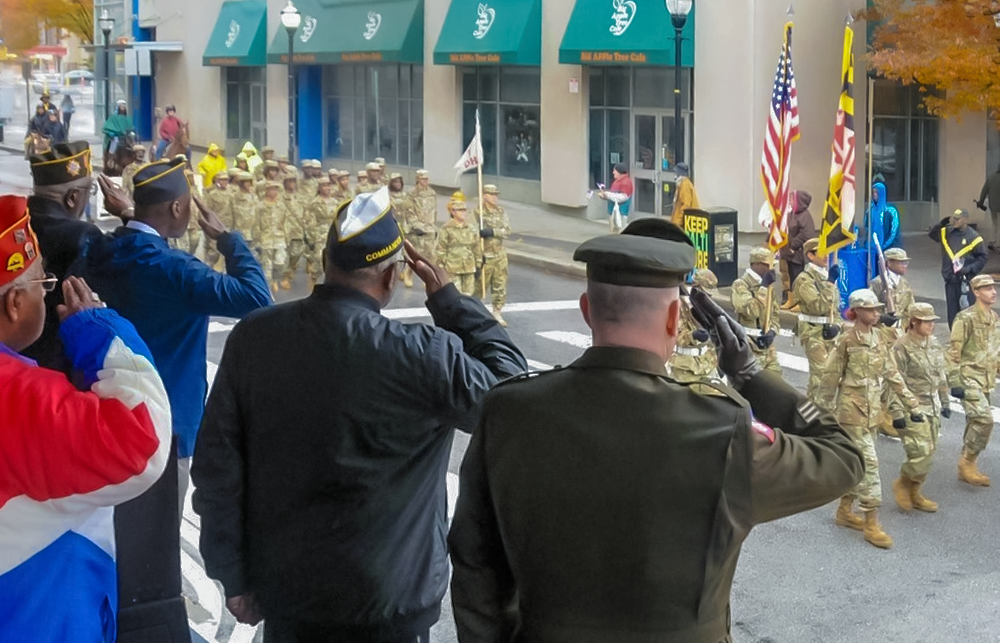Once folks decide to leave the military, the primary concern becomes the next step: What do I want to do with my life? The majority of the guys in my infantry company never went to college, so education was the most popular choice. One guy stayed in Washington to study engineering, another moved back to New York to study finance. But a few guys took unconventional routes. One went to underwater welding school. Another went to motorcycle repair school. A popular choice is to continue public service, so Vets find themselves in fire academies and EMT school.
There are plenty of Veterans who want to use education benefits in a place other than a traditional classroom. The Post-9/11 GI Bill was expanded last fall so Vets could take advantage of opportunities like apprenticeships, on-the-job training, flight school, correspondence courses and non-college degrees. That means more hands-on jobs to which some Vets are naturally inclined.
In a constant state of economic uncertainty, it’s more important than ever to support technical training that can lead to a meaningful career. That sentiment was echoed by Secretary Shinseki, who recently met with a group of Veterans at a trade school in Virginia:
He said the original GI Bill helped remake America after World War II, and that with the benefits that include trade schools, he thinks this GI Bill will do the same.
“I’m very confident,” he said, “that this generation is equally capable of rebuilding our nation.
If you want to further your training and education, but a traditional education doesn’t sound your speed, then check out the different ways your education benefits can be used.
It’d be tough to get through the military without hands-on technical training at some point. A good deal of Veterans will look to change paths or careers once they leave the military, but others aren’t so quick to put down the wrench or the welding torch. For my motorcycle repairing buddy, it doesn’t even feel like a job when he takes a bike apart. He’s still in school and anxious to graduate while being paid through the GI Bill to do what he loves.
Topics in this story
More Stories
VA's contact centers have moved to the cloud to boost resilience of critical Veteran-facing platforms, cut costs, and drive exceptional service to Veterans.
Nearly 400 Veterans from across the country have gathered in Snowmass Village for the 39th Annual National Disabled Veterans Winter Sports Clinic. This premier adaptive rehabilitation event, co-presented by VA and Disabled American Veterans (DAV), continues through April 5.
VA and the Veterans Day National Committee (VDNC) invites cities, towns, and non-profit groups across the country to join us in showing appreciation for Veterans by applying to hold VA-recognized regional Veterans Day observances.






